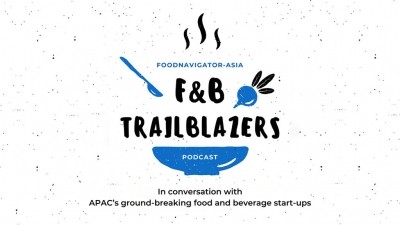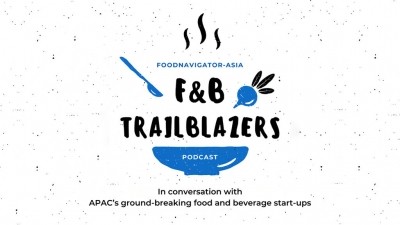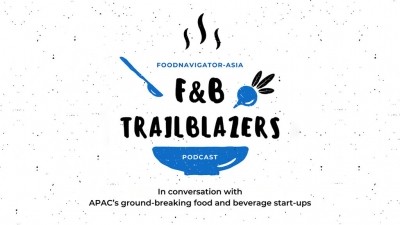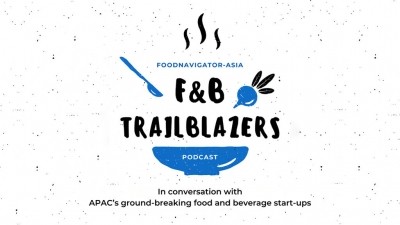FOOD AND BEVERAGE TRAILBLAZERS EPISODE 24
PODCAST: Capitalism vs passion - Fable Foods CEO on his journey from fashion to food, and plant-based definitions
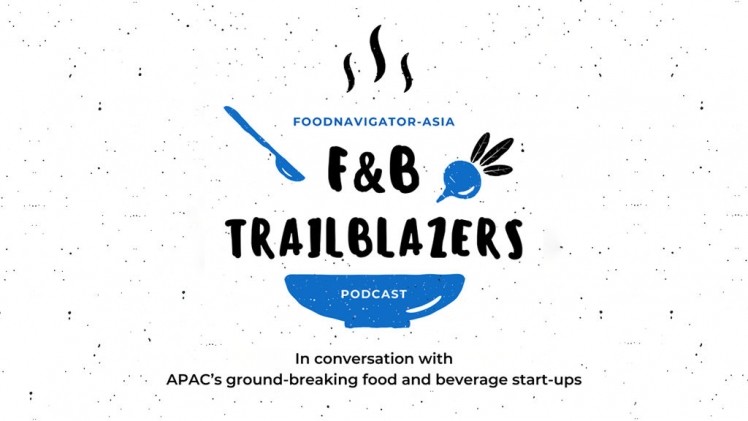
Fable Foods specialises in using the shiitake mushroom to make alternative slow-cooked meat products that are currently already being sold in major supermarkets Coles and Woolworths across Australia, and are also present in various stores and in partnership with foodservice outlets across the Asia Pacific region.
The firm’s products are often found on plant-based shelves or in plant-based menus. Fox told us that given how plant-based labelling and naming conventions are still evolving in Australia and around the world, using this label to enable consumers to understand mushroom-based products as a meat alternative source should not be an issue, even though technically mushrooms are classified as fungi and not plants.
“We are aware of course that mushrooms are in a different kingdom, the fungi kingdom, which is different to the plant kingdom, so technically our products aren’t exactly ‘plants’,” he told FoodNavigator-Asia.
“We ourselves generally don’t use the terminology plant-based but [instead ‘meaty mushrooms’ or ‘mushroom-based’] because of this, but that said at the moment the entire meat alternative space is undergoing an evolution, including the naming conventions of plant-based foods.
“The term plant-based is at the moment what consumers are most familiar with and understand best, and what they are looking for are just alternatives to meat in any case whether these be [mushrooms or nuts or beans], so we’re okay with being called plant-based if that helps consumers understand it.”
Prior to setting up Fable Foods, which today has presence in multiple countries including Singapore and the United Kingdom, Fox was the co-founder of a fashion start-up called Shoes of Prey which was a site to create customised women’s shoes online based on consumers’ own designs.
“I was in the fashion business for some 10 years, and the founding of Shoes of Prey was really what I’d call capitalism at its finest where I just looked for a gap in the market and focused on a market to fill in that gap,” he said.
“The food business is actually pretty similar to fashion in that both have similar business models – The need to understand the consumer and what kinds of products they are looking for, researching and doing product development to create a product to fill that market gap, sourcing the raw materials and manufacturing the final products, and then working with the retailers – working with David Jones in Australia is pretty similar to working with Coles and Woolworths.
“One main difference I have seen is that there are a lot of very passionate people in the food space. I believe that passion about the product is very crucial to ensuring business success so that’s been great.
“The other thing is about branding – this is extremely crucial in fashion, which is a hyper-competitive space and very, very brand driven whereas food is a lot more product driven. That said, brand-building is still really important for [food firms to establish a name] and I’ve enjoyed bringing by brand-building learnings from fashion into the food industry.”
Listen to the podcast above to find out more.
